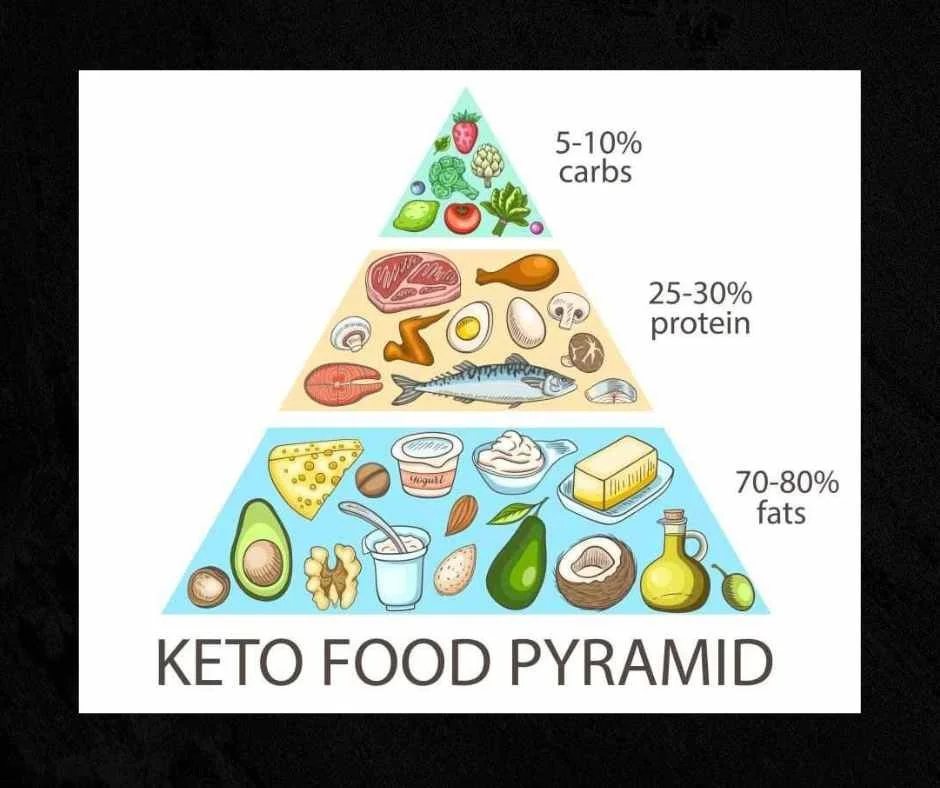Do You Converse Taino? 7 Indigenous Taino Words You Probably Currently Know
The Taino men and women have been a tranquil people with a sophisticated modern society who lived on the Increased Antilles Islands of Hispaniola (modern day day Dominican Republic and Haiti), Cuba, Puerto Rico, and Jamaica. The Taino language was a soft sweet melodious language missing harsh gutturals. It flowed promptly and contained a lot of vowel seems. The Taino language is aspect of the Arawakan language household that was really popular throughout South The united states, the Caribbean, and elements of Florida.
Other Arawakan languages are nevertheless spoken currently, but most students agree that no one alive now is fluent in the Taino language. For that reason, it is deemed an extinct language. Nevertheless, there are those people who are hoping to resurrect it. At minimum 1 professor is educating the “extinct” Taino language to his students! More ability to him!
The Taino folks, such as their language and culture, were being the initial to be decimated by the Spaniards who arrived in the New Planet commencing in 1492. Their techniques of conquest have been typically cruel. As these, they would not make it possible for the Taino to speak their native language.
Well, you know how they say “a fantastic point never ever actually dies!” This is unquestionably true of the Taino language. Quite a few Taino text had been adopted by the Spaniards and other Europeans. These adopted phrases are termed “personal loan text” in linguistic circles and a lot of are in extremely prevalent usage in English, Spanish, and French. There are many English phrases, specifically American English, that are anglicized versions of the Spanish or French variations of Taino text they integrated phonetically into their very own language as the Taino had no composed language.
Listed here are 7 indigenous Taino terms that are so popular in the English language now I wager you use them all the time:
Potato
Meat and potatoes is dwelling cookin’ American evening meal faire, ideal? Mistaken! The term “potato” comes right from the Taino language. When the Spaniards arrived in the New Globe they experienced by no means seen or eaten a potato. The Taino have been attained farmers and they shared their sweet potato, which they known as “batata,” with the Spaniards. Columbus himself offered the “batata” to Queen Isabella immediately after his initially voyage. In subsequent voyages, Columbus and his gentlemen learned the white potato in Peru termed “papa” by the indigenous folks. In some way the “p” from “papa” obtained additional to the “batata” and the Spanish phrase for potato grew to become “patata” with the anglicized model turning out to be “potato.” Nicely, the rest is background as they say for the reason that we all know how common the potato is these days.
For a extended time, the white potato took a back again seat to the sweet potato in Europe. In reality, the white potato was named the “bastard potato” for a lengthy time. Anyway, the upcoming time you get mashed potatoes or pop a significant potato into the microwave for a swift meal, bear in mind the Taino. Alternatively of contacting your fries “liberty fries” perhaps you can in its place get in touch with them “Taino fries” out of respect for those who shed their flexibility.
Barbeque
Okay, let’s adhere with food stuff for a minute. The origin of the time period “barbeque,” which is generally spelled in a variety of strategies in American English, is controversial with passionate opposing viewpoints. Nonetheless, the bulk of linguistic scholars seem to be to concur that the expression, or a person very identical to it, originated from the Taino language.
In accordance to Peter Guanikeyu Torres, President and Council Main of the Taino Indigenous Country of the Caribbean and Florida, the Taino phrase “barabicu” meant “the sacred fire pit.” This is most likely where the American English phrase “barbeque” is derived from. It describes a composition for cooking animal flesh incredibly slowly, which historically consisted of a wood platform resting on eco-friendly pimento tree branches and leaves.
Cannibal
When Columbus arrived in the New Entire world in 1492, the Taino ended up staying attacked by a further Arawakan men and women, now referred to as the Carib. The Taino instructed Columbus and the other Spaniards about a different team of folks who primarily lived on the Lesser Antilles who have been fierce and had captured and eaten them. They referred to these individuals as caribal which loosely meant fierce and courageous. The Spanish corrupted this into “Canibales” which was later anglicized into “cannibals.” The Taino may perhaps have pronounced “caribal” far more like “cannibal” as well since in Arawakan languages the consonants of l, n, and r are sometimes interchangeable. It really should be mentioned that the Carib persons identified as themselves something nearer to “Kalinago.”
Lots of historians have found out that Columbus had very little to no proof that the Carib ended up truly cannibals – most assuredly not anyplace close to to the lengthen he depicted them to be. The Caribs ended up intense warriors who place up far more resistance to European conquerors. It is imagined by some students that Columbus made use of the word “cannibals” as a pejorative time period to paint them as monsters and to discredit them therefore producing it less complicated for his males to conquer them. Compared with the Taino, there are a few comprehensive-blooded Carib continue to alive today – but really couple.
Hammock
Upon viewing how the Taino lived on his 1st voyage to the New Globe, Columbus wrote in his journal, “..for beds, they had nets of cotton, extended between two posts.” Later on in his journal he wrote, “…a good quite a few Indians in canoes came to the ship right now for the intent of bartering their cotton and hamacas or nets in which they rest.” There is very little dispute that the English term “hammock” is an anglicized edition of the Taino word, “hamacas,” as the Spaniards phonetically spelled it in Spanish.
In advance of Columbus’ arrival in the New Entire world, cotton was tiny regarded. It is thought that seeing how powerful and tough the hammocks have been that woven out of cotton twine sparked their fascination in cotton for clothing and other merchandise that soon followed.
Manatee
Columbus had under no circumstances viewed a manatee prior to when he arrived in the New Earth so he did not have a name for it. This is why the Spaniards virtually quickly adopted the Taino word for manatee, “manati.” This generally occurs when someone from a diverse lifestyle encounters a thing new for the 1st time. “Manatee” is the anglicized version of “manati.”
The manatee should have seemed like a weird creature indeed. At to start with, in simple fact, Columbus mistook the manatee for a mermaid, fifty percent girl and half fish. In reality, in his journals following viewing the manatees he wrote that mermaids weren’t as wonderful as they had been designed out to be! Manati implies “breast” in the Taino language due to the fact manatees have mammary glands that resemble these on woman people. The notion that the term manati is a corruption of the Spanish term for hand, “mano,” simply because the manatee’s front flippers appear like hands has been revealed to be bogus and the similarity is a mere coincidence.
Hurricane
Like the manatee, Columbus and the other Spaniards had under no circumstances witnessed something like a hurricane. In truth, they missed seeing a hurricane on their 1st voyage to the New Earth in which they enjoyed close to fantastic weather conditions. Having said that, on their second and third voyages to the New Globe, robust hurricanes hit. In fact, the new settlement, Isabella, that Columbus had not long ago established was totally wiped out. Unnecessary to say, these Caribbean hurricanes built a long lasting effect.
Because they had by no means viewed any temperature sample like a hurricane right before, they adopted the Taino word for it and spelled it phonetically as, “hurakan.” Of training course the anglicized version of this is “hurricane.” The Taino phrase hurakan was utilized not only to describe the true climate party but also the route of destruction it still left in its wake like downed trees and other devastated landscape. I like this idea and have a tendency to consider of hurricanes this way way too. In the Arawakan tradition, the Taino referred to as their storm God hurakan and the two feared and revered him.
Canoe
The word “canoe” is the anglicized version of the Taino phrase phonetically spelled in Spanish as canoa. Early English spellings of this phrase different substantially: cano, canow, canoa. Nonetheless, by around 1600, canoe had occur to be the most approved spelling.
The word canoe is a very good example of a “ghost phrase,” which is a term whose meaning or origin is inaccurately recorded in an authoritative reference. It thus results in being extensively recognized and it is hard to right the fake perception when it has pervaded a culture. For a extensive time, most people today thought the phrase “canoe” originated from a phrase applied by one of the indigenous peoples of what is now the United States. Nevertheless, this turns out to be fake and was caused by a transcription error of a scribe in the late 15th century.
So there you have it, 7 popular words and phrases in English that you have most likely been applying most of your lifestyle: potato, barbeque, cannibal, hammock, manatee, hurricane, and canoe. It is coronary heart-warming to imagine that the terms of a language that has been declared extinct stay on as daily text spoken by so several. Every time you converse these 7 Taino words, you honor the Taino people today who had been forbidden to communicate their have language as a device to conquer them.





